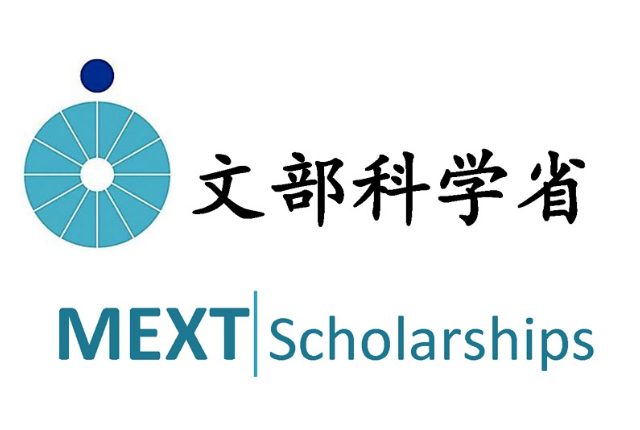The MEXT (Japanese Government) Scholarship is one of the largest fully-funded scholarships for international students. It covers tuition, a monthly stipend, and usually a round-trip ticket and is available for multiple categories (undergraduate, research/graduate, teacher-training, etc.). Applications are handled either through your local Japanese embassy/consulate or by university recommendation deadlines and exact rules vary by country, so always check your local embassy.
Who can apply in MEXT
- Undergraduate applicants: High-school graduates (or prospective graduates) who meet the educational and age requirements for the undergraduate category.
- Research (Masters/PhD) applicants: University graduates (or prospective graduates) who wish to pursue graduate research in Japan. Age limits typically apply (varies by category).
- Other categories: Teacher training, college of technology, specialized training college and Japanese-studies students each have specific eligibility rules. Check your category’s guideline.
What it offers (short list)
- Monthly stipend (amount varies by course level; example amounts reported for recent years: ~¥143,000–¥145,000 for graduate/research students).
- Tuition & fees: Exemption of admission/examination and tuition fees (for most categories).
- Travel: One round-trip ticket to Japan (usually provided).
- Other: Pre-departure guidance, Japanese language training opportunities, and sometimes small regional supplements for special areas.
Requirements typical documents & eligibility
Exact documents differ by country and scholarship category use this as a checklist and confirm with the embassy/university guidelines.
Common eligibility rules
- Nationality other than Japan.
- Meet age and academic background for the chosen category (see category guidelines).
- Good academic record and health.
Common documents (embassy / university route)
- Completed application form(s) (official forms from studyinjapan / embassy).
- Academic transcripts and diplomas (or proof of expected graduation).
- Study/research plan (required for research/graduate applicants).
- Letters of recommendation (usually 1–2).
- Certificate of health / medical form.
- Copies of passport / ID photo.
- Language proof (if required by the accepting university) MEXT itself does not always require IELTS; many applicants use their university’s English program or submit other proof.
Deadlines – what to expect
Deadlines vary by country and by scholarship category:
- Embassy recommendation route: recruitment typically happens once a year for intake in October. The first screening by embassies is commonly done between January and February, and many embassies set application cutoffs between December and May depending on the country and the category. Always check the Japanese embassy/consulate website in your country for the exact annual deadline.
- University recommendation route: deadlines depend on the accepting university check the target university’s international office pages.
Example: Some embassies posted final application dates around late May for the 2025/2026 intake, but this changes yearly — so confirm now with your embassy.
Quick comparison table
| Item | Notes |
|---|---|
| Fund type | Fully funded (tuition waiver + monthly stipend + travel support) for successful grantees. |
| Who screens | Either Japanese embassy/consulate (embassy recommendation) or Japanese university (university recommendation. |
| Language | Programs in English and Japanese exist; language requirement depends on university/program. MEXT grantees are often expected to study Japanese while in Japan. |
| Stipend example | Graduate: ~¥143,000–¥145,000/month (figures vary by year). |
| How to apply | See embassy page for your country OR target university’s MEXT page (for university recommendation). |
How to increase your chances (brief tips)
- Prepare a clear research/study plan (for research/grad applicants) concise aims, methodology, and why Japan/university is right for you.
- Get strong recommendation letters from professors/employers familiar with your academic/research abilities.
- Check past examination questions and sample tests published by Study in Japan if your embassy uses written subject tests.
visit for more https://dares2dream.com/
Final notes & where to apply now
- Start with your local Japanese embassy/consulate (they publish annual recruitment dates and the exact forms you must submit). If your country allows university recommendation, check the international admissions pages of your target universities too.
- Bookmark the Study in Japan (MEXT) pages and the official MEXT application guidelines PDF for your chosen category they include the detailed forms and up-to-date rules.

